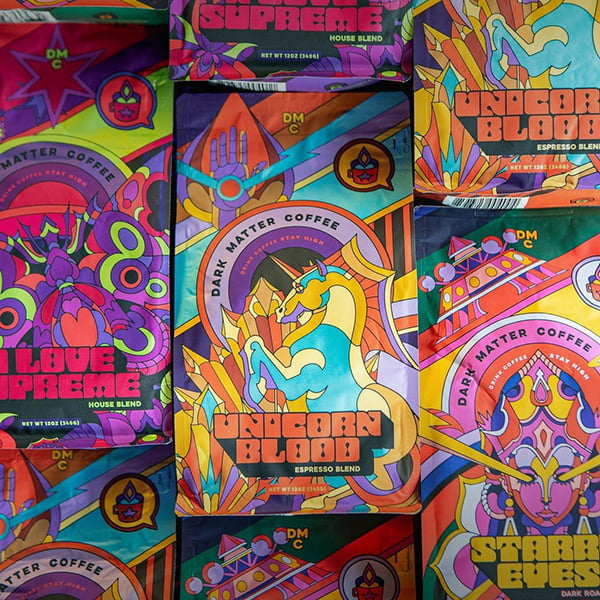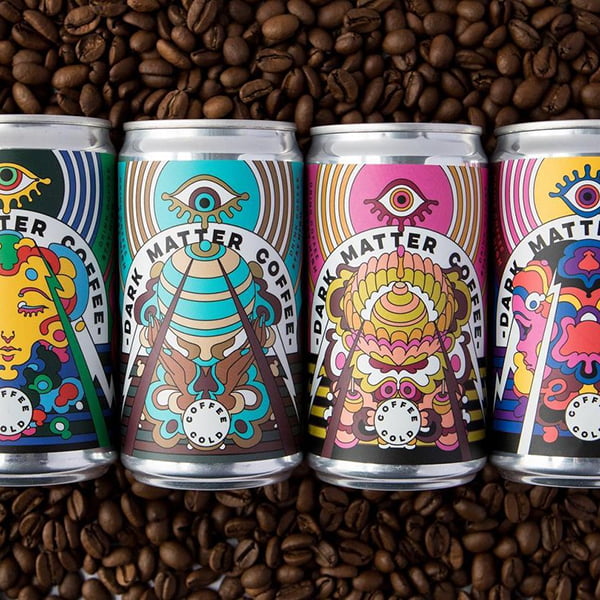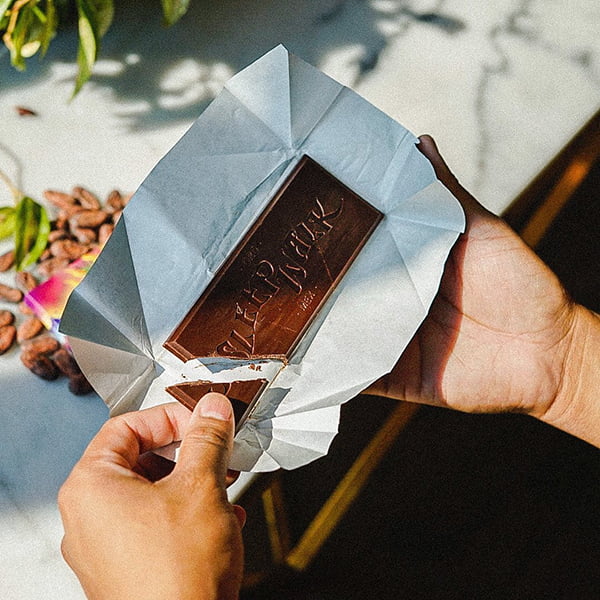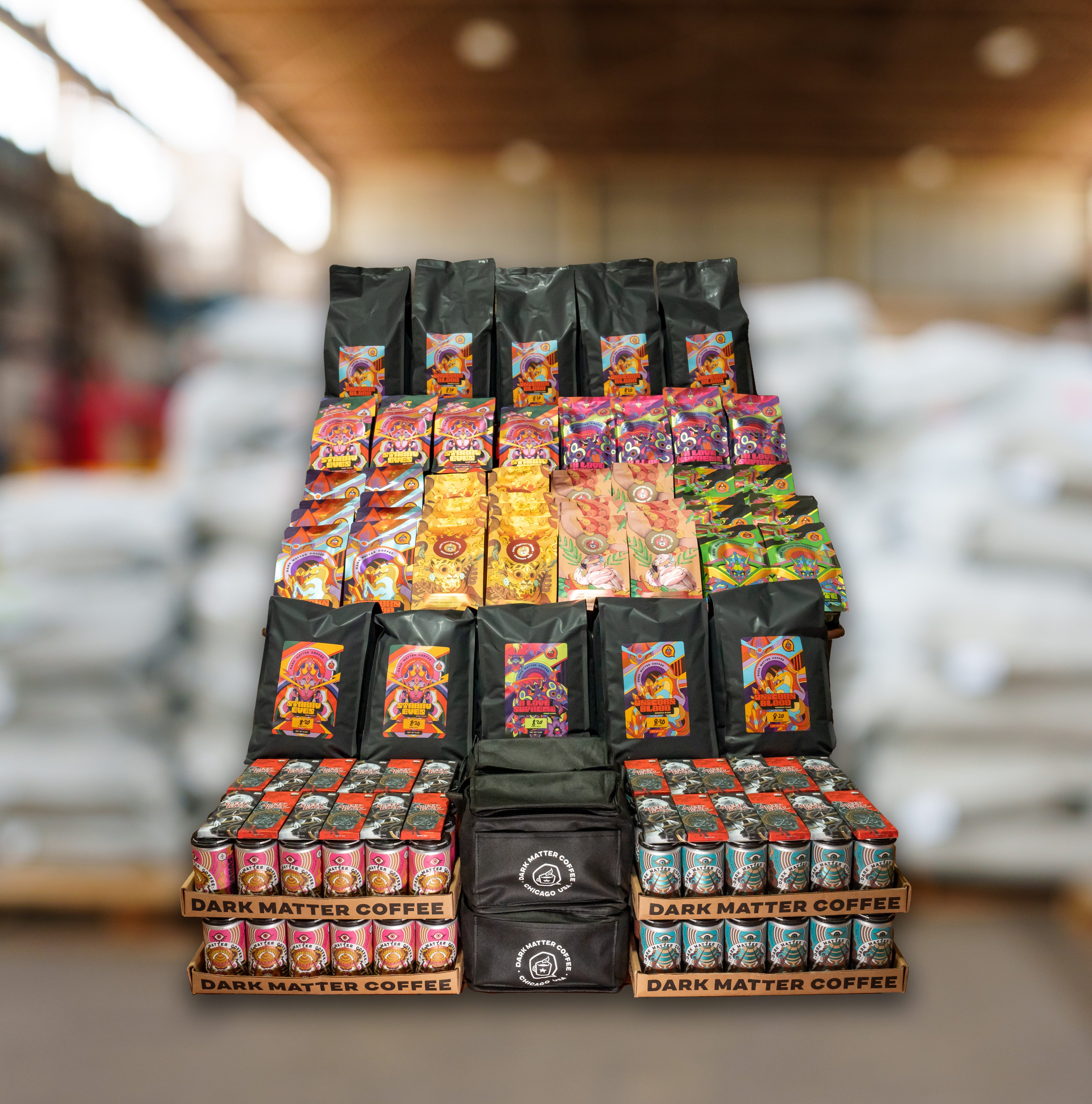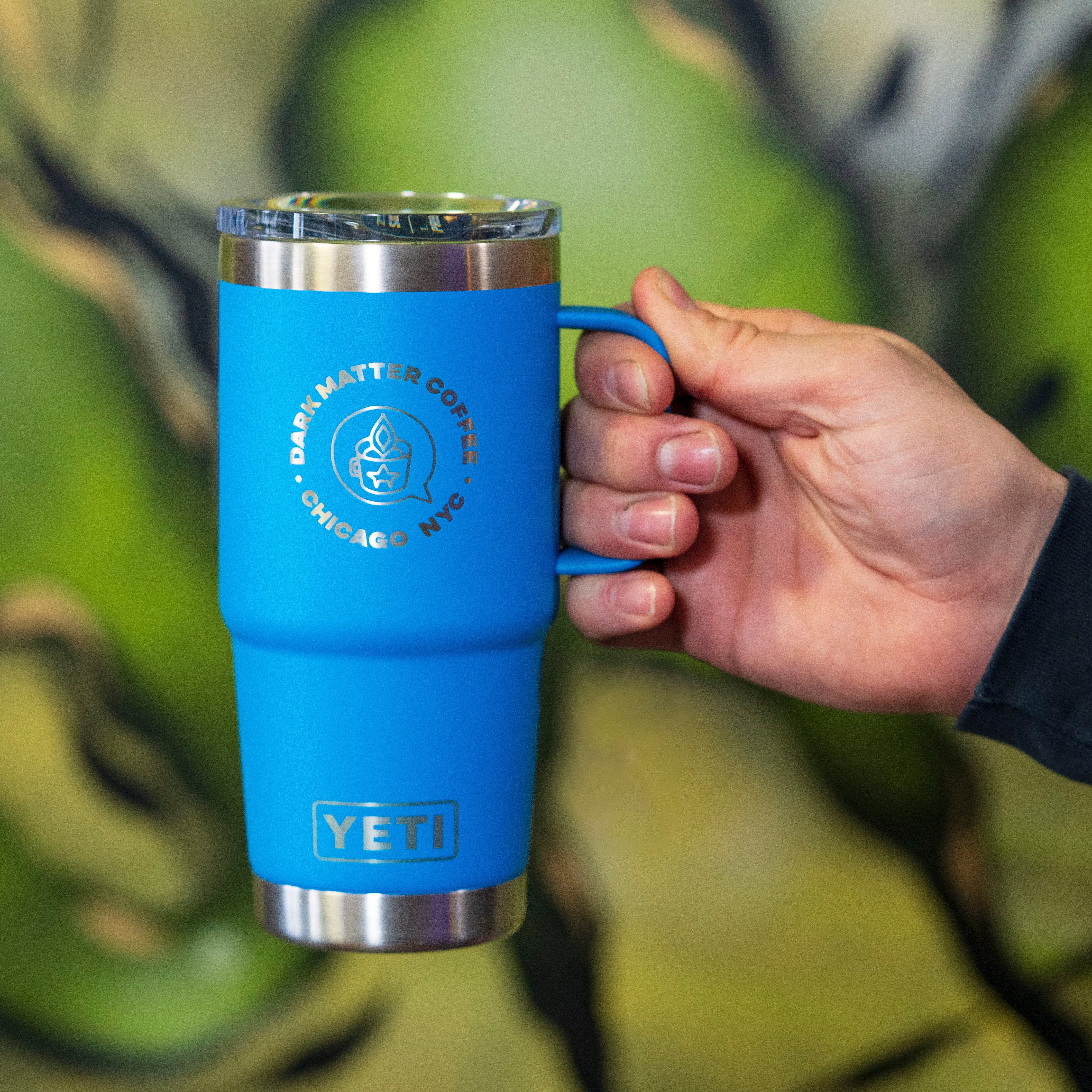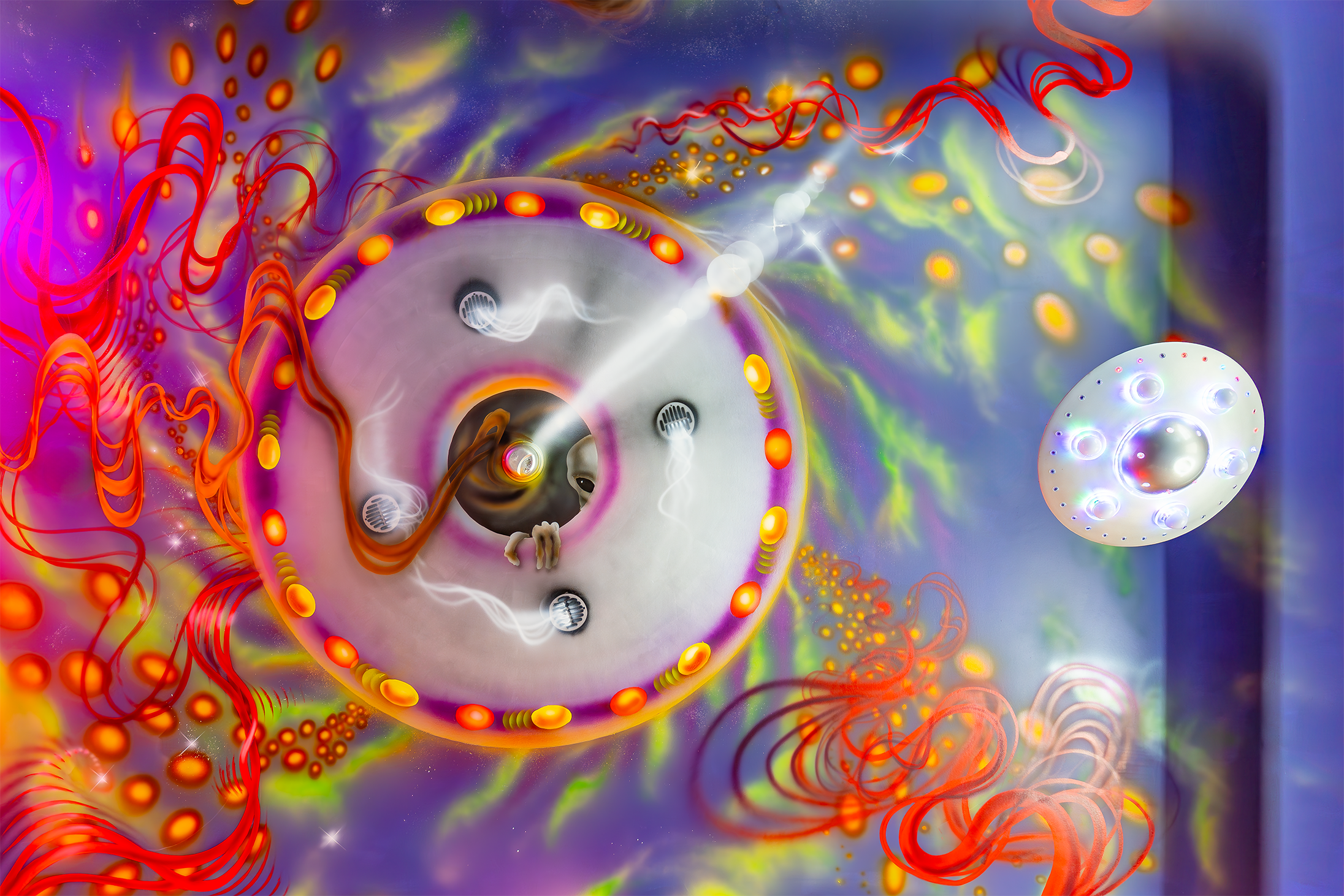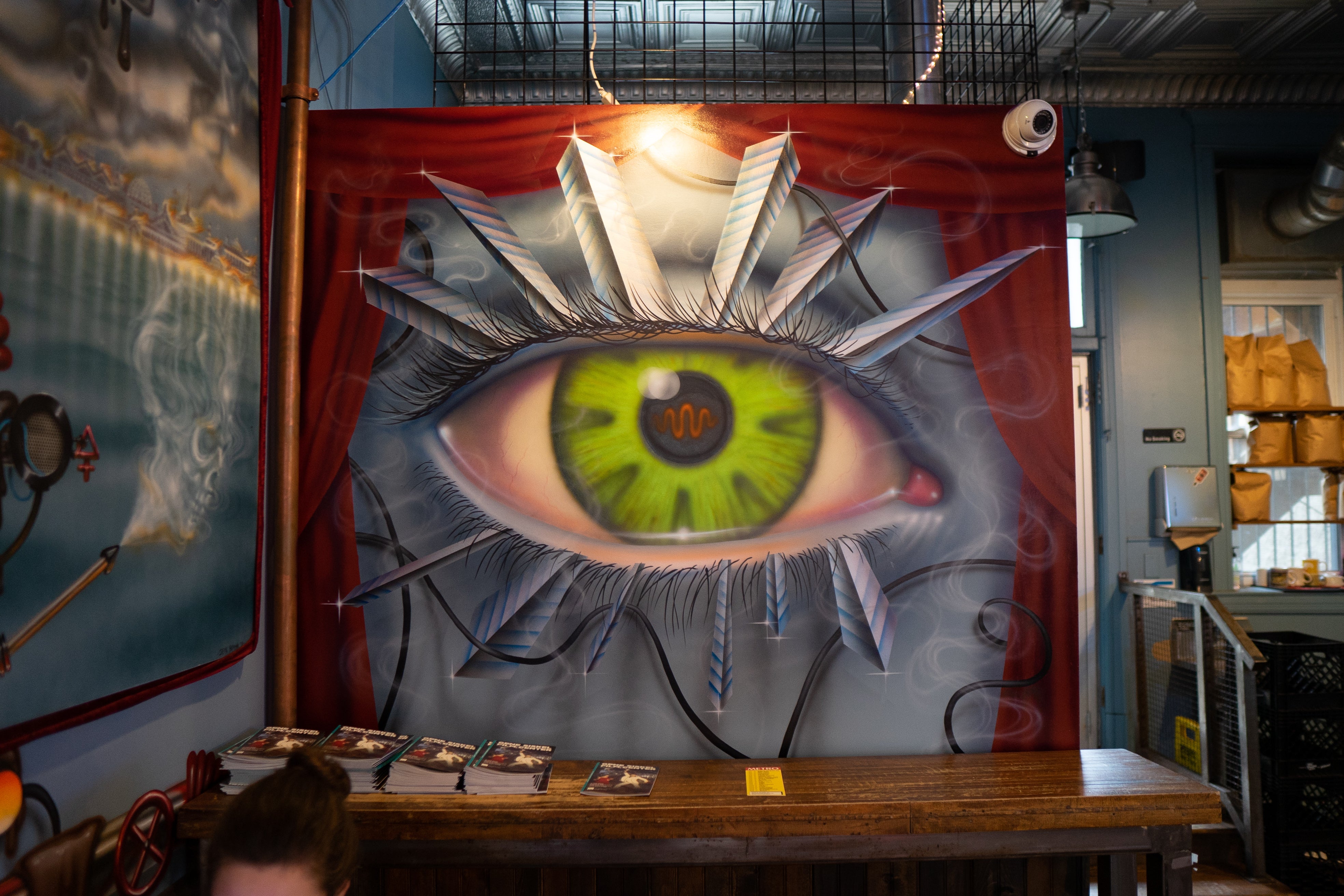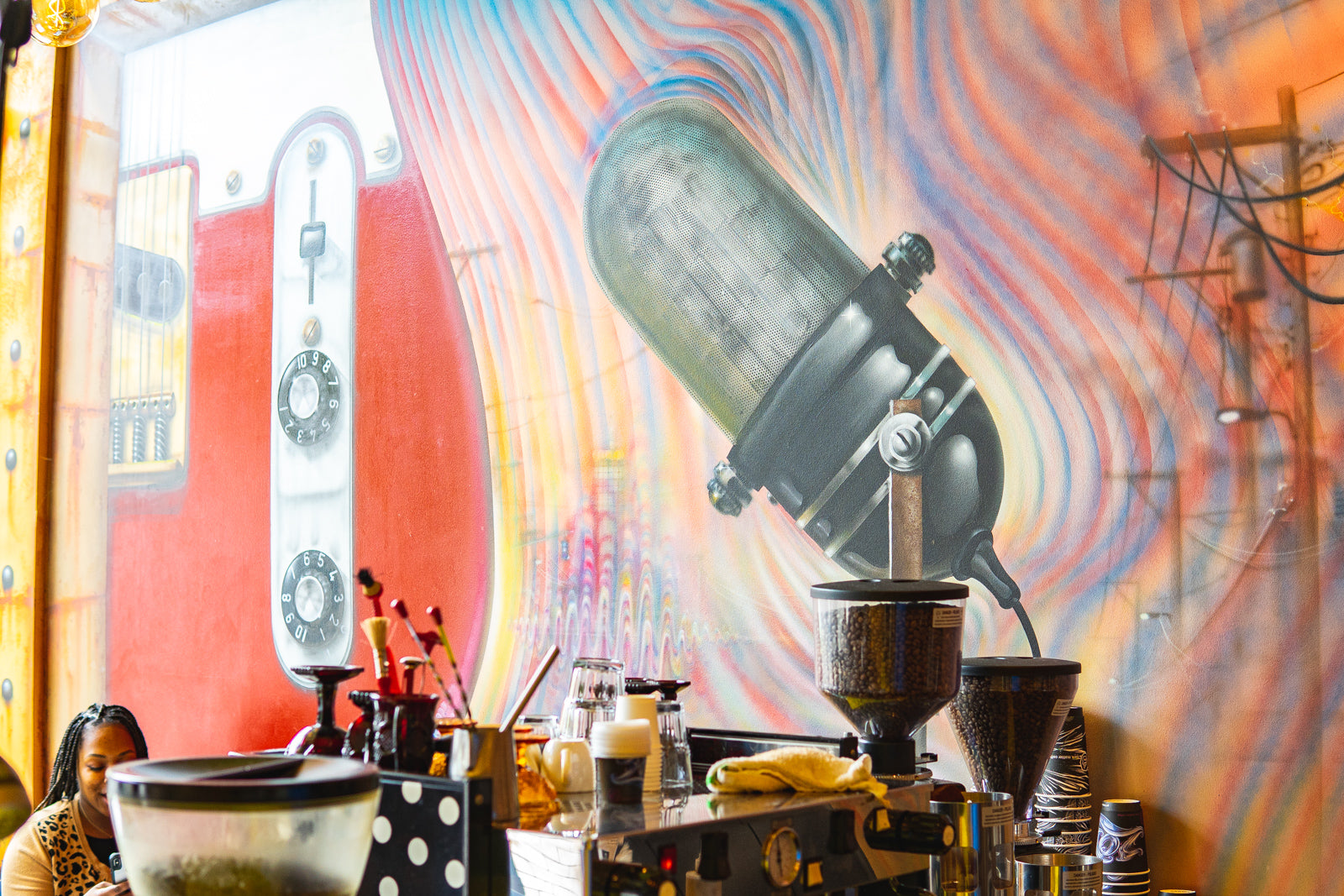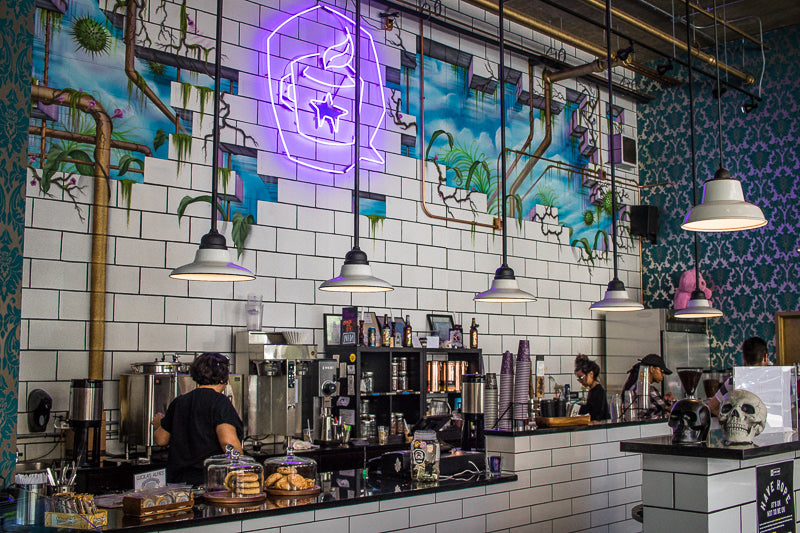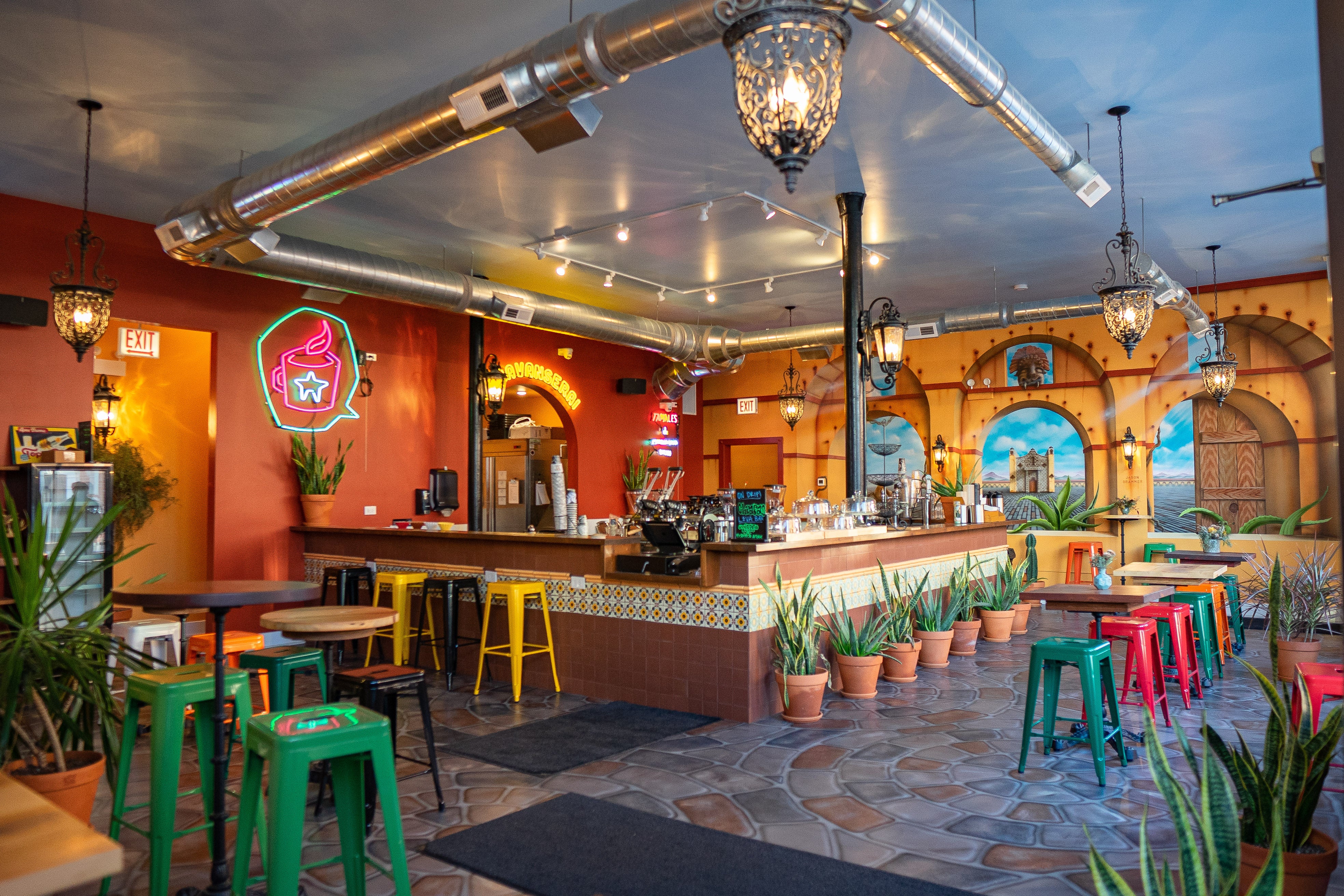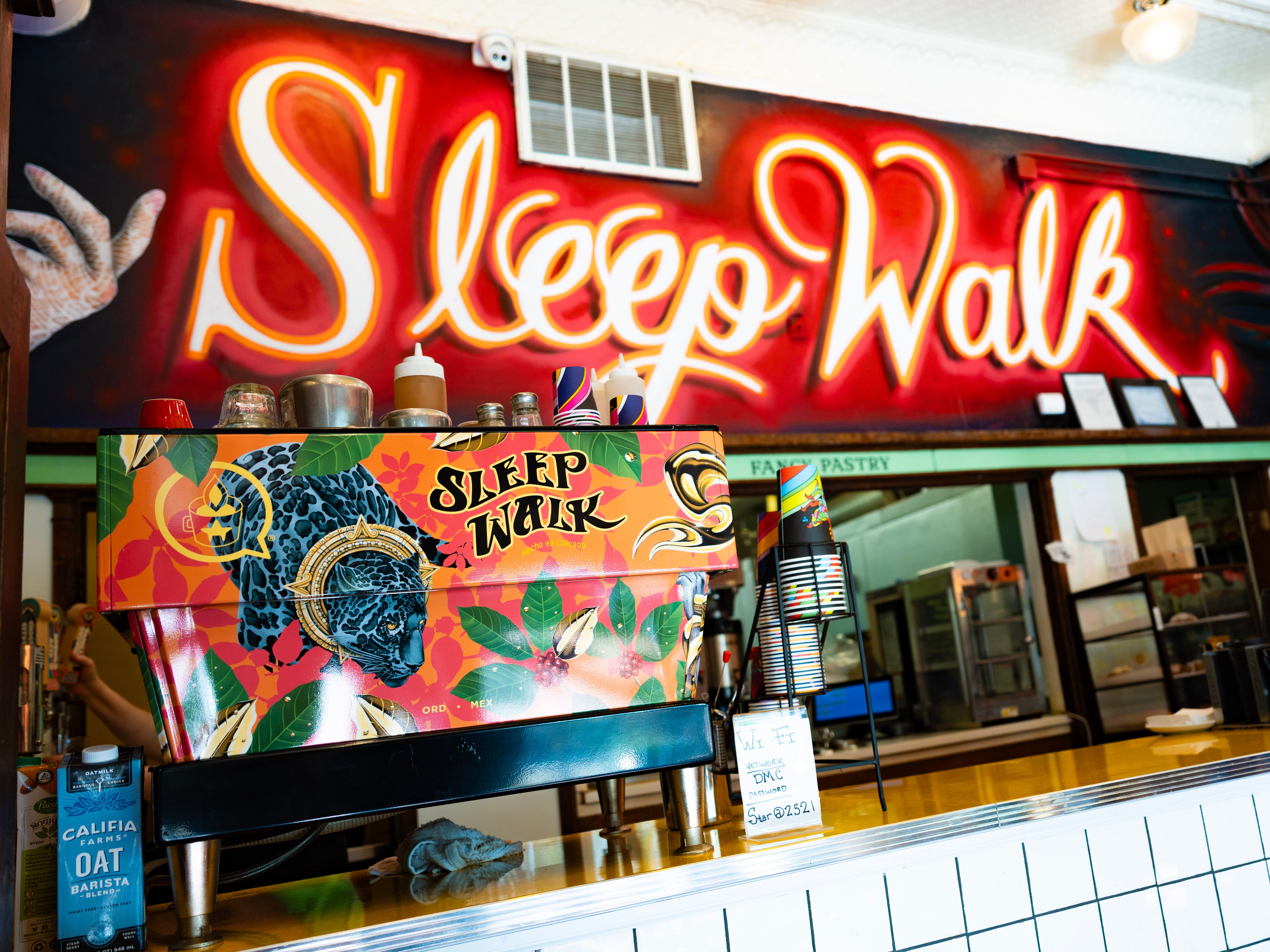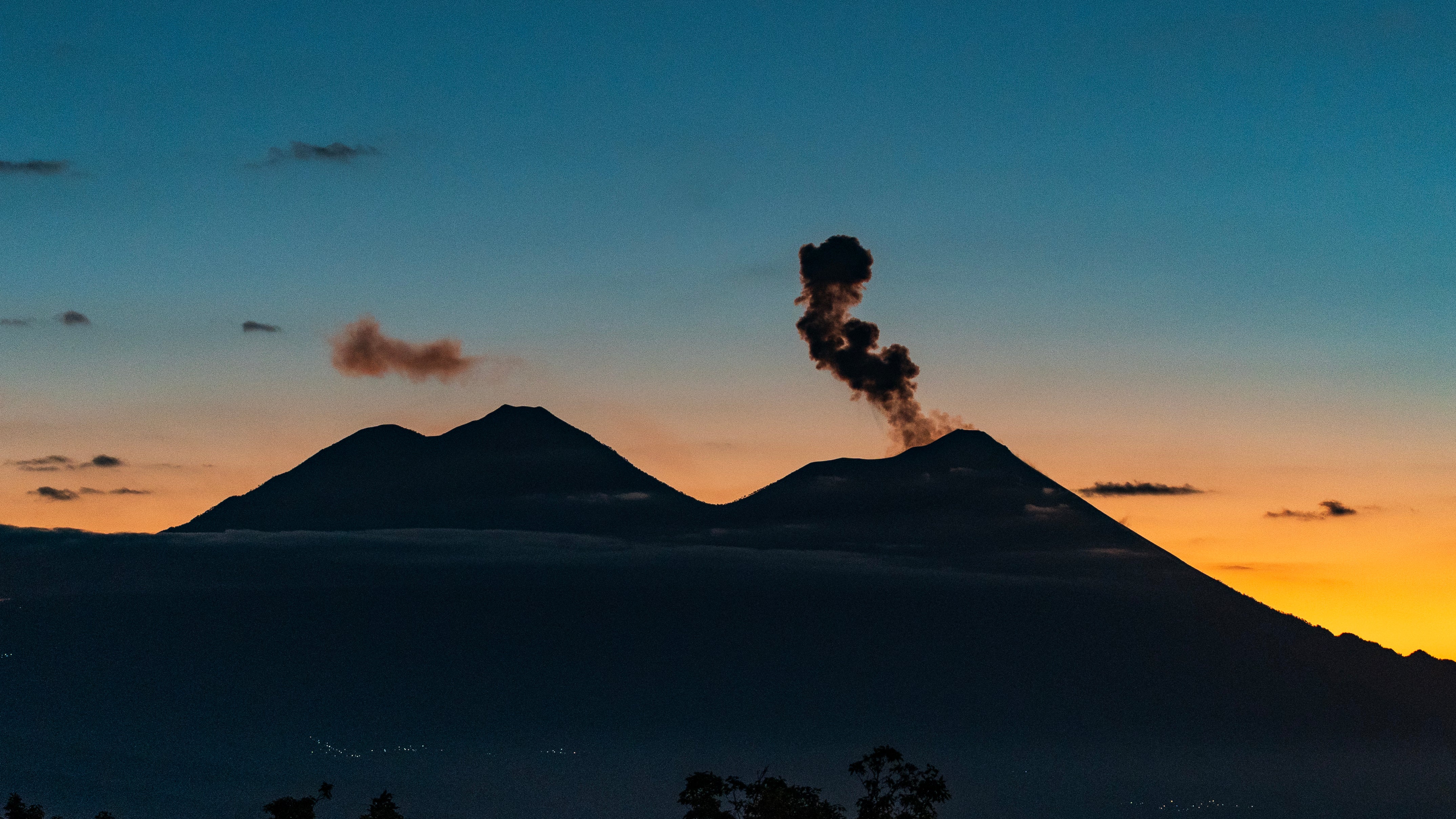Fermentation is an integral point in the processing of coffee. For the majority of coffees, fermentation is a tool used to break down the sugary, gelatinous plant material (pectin) surrounding the coffee bean, once pulped. Specifically for washed coffees, it is not a means to enhance flavor or complexity but to remove the mucilage as quickly as possible before microbes are able to produce acids and esters that may be conceived as off flavors.
Time is also extremely valuable to this equation as coffee fermentation typically runs 12 to 24 hours, which is a very short compared to other processes like beer, cheese, wine, etc. Coffee is very malleable and porous after its pulped so too much time in the tank runs the risk of exposing it too much to all the microbial activity. With this experiment we wanted to use this to our advantage to allow the saison and ale yeast to produce compounds the coffee can absorb.
This process worked very similarly to the our hopped coffees, (Citra, Mosiac and El Dorado). These processes and can be considered a marinade for the coffee to sit in and absorb the wonderful flavors. These types of experimental fermentation are unique to Dark Matter Coffee and are part of our culinary approach to serving the best coffee in the world.
If you need a little more help with understanding fermentation, read our previous blog post that helps to explain some of the fermentation and drying processes that are used. Also check out our other yeast experiments, using red wine and cuvee yeast on this blog post.
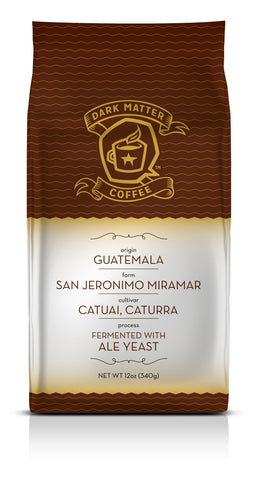
Country: Guatemala
Farm: San Jeronimo Miramar
Cultivar: Catuai, Caturra
Process: Fermented in Ale Yeast
Notes: Cocoa Nibbs, Hazelnut, Currant

Country: Guatemala
Farm: San Jeronimo Miramar
Cultivar: Catuai, Caturra
Process: Fermented in Saison Yeast
Notes: Clementine, Thyme, Clover Honey

